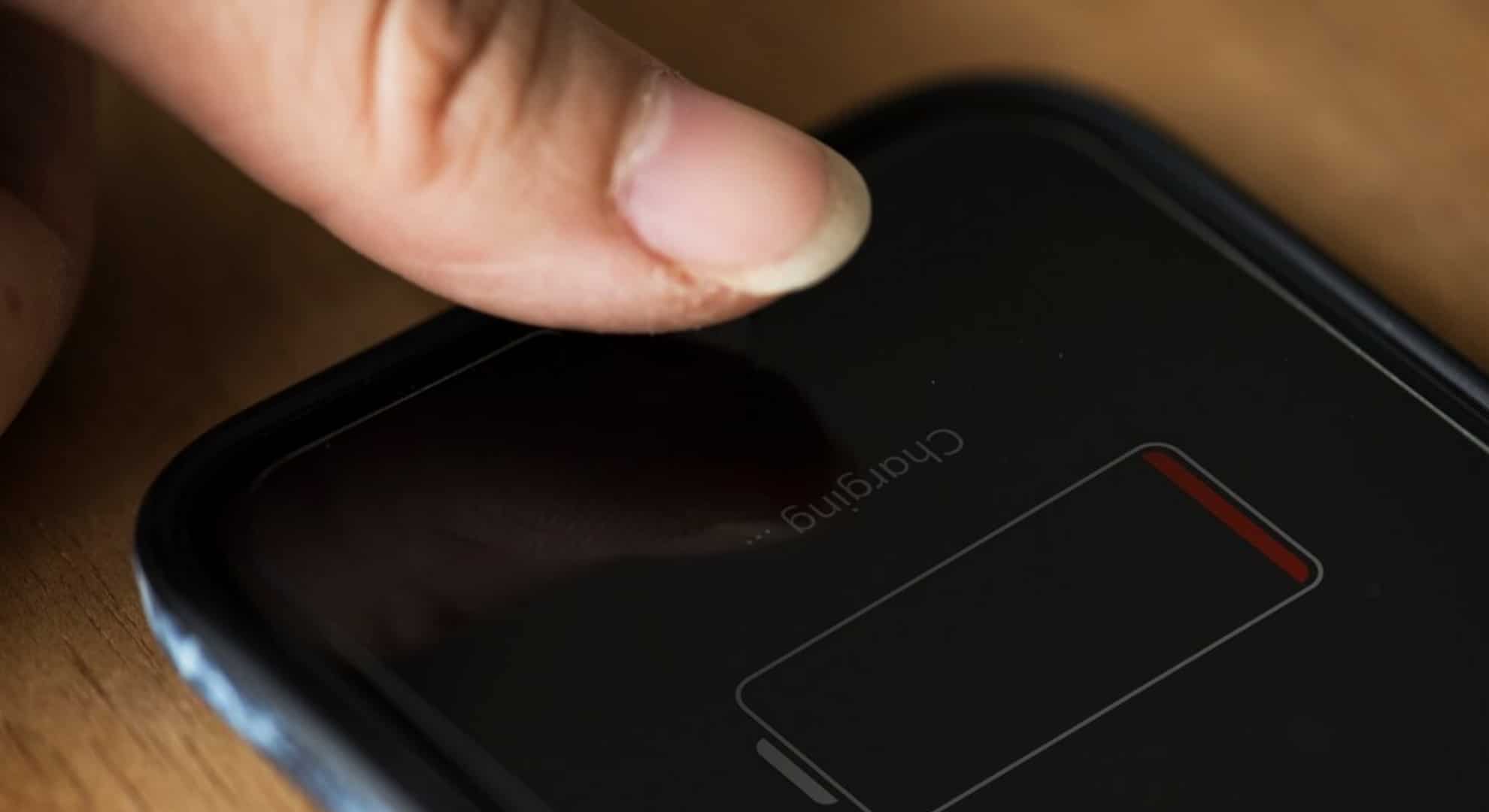Have you ever found yourself feeling tired after spending time socializing with people? You know, that feeling as if your energy has been sucked and you’re all kinds of exhausted after a social interaction? That just means one thing: your social battery, as most people would refer to it, is running low and you’re just done people-ing.
But what does “social battery” mean, anyway?
According to psychometrician and psychologist Lordy Angelo C. Santos, also known as Tito Mong Psychologist on Facebook, a social battery is a metaphor used to describe the “mental and emotional resources we possess” during any type of socialization.
“It can become depleted during highly stimulating, demanding, or stressful circumstances. Hence, it’s simply represented by a battery,” he added.
Psychologist Rainier Ladic, the founder of The Juan Psychologist on Facebook, also explains that a lot of factors constitute a social battery, including personality traits—introversion or extraversion—that can determine the level of energy and tolerance we have for socialization.
“For example, extroverts prefer stimulating environments, such as socialization, while introverts prefer minimally stimulating environments and tend to get their energy from solitary moments,” Ladic explained.
Apart from our personality traits, our social battery can be depleted due to other reasons as well, as explained by Santos and Ladic.
Among the contributing factors are the people we interact with and the size of the group, the type and duration of the interaction, power balance, and prolonged exposure to stress.
“We all have different levels of energy and tolerance for socialization. Some last longer, while some easily tire from it,” Ladic shared.
Basically, think about your mobile phone battery. When your phone is fully charged, you can use it to browse some apps, message your friends, and play games. However, too much usage can lead to its battery running low. If not charged immediately, it will completely run out of power and shut down.
Much like this, too much socialization, especially for those who are introverts, can lead to our social battery running low, or worse, getting drained.
@8thcxlisa Its so peacful when the social battery runs out #jennie #jenniekim #fyp #kpopfyp ♬ original sound – 🎀
How can we tell if our social battery is running low?
There are telltale signs to determine if our social battery is on the brink of getting drained. One of the most obvious manifestations is the feeling of being tired—physically, mentally, and emotionally.
Santos added, “People can also experience difficulty in concentrating, at times irritability, or even the desire to withdraw from the interaction. At times people tend to get unusually quiet or may complain about other things they usually enjoy.”
Ladic also shared that other people would feel “as if their senses have been used to their maximum potential,” which can be an indication that they need to rest or be in a new environment.
The two professionals add that having a depleted social battery can take a toll on our mental health, especially if it’s chronically happening. This could eventually lead to experiencing burnout and emotional dysregulation.

“It affects our emotional regulation wherein if a person is already at their ceiling of sensory threshold, they may show signs of irritation, heightened anxiety, and temper outburst,” says Ladic. “This will then lead to less quality of work/school performance, lack of depth in terms of social connection, and feelings of general restlessness.”
Santos explains that some people may also experience difficulty concentrating due to feeling overly stimulated.
“Since it starts to affect their interaction with other people, individuals may start to withdraw or isolate themselves which increases the risk for developing a diagnosable mental health condition,” Tito Mong Psychologist shares.
So, how can we recharge our social batteries?
Much like our phones, our depleting social batteries can also be recharged, and there are many ways we can manage and take care of them.
“Set up some boundaries, take micro breaks, engage in calming and relaxation activities, and even schedule alone time,” suggests Santos. “Some may also find it helpful to engage in time blocking, a way to assign specific time duration for socializations and non-social tasks.”
Ladic shares the same sentiment, adding, “Taking a break can do the trick, most especially for those who have people-focused jobs. Make a conscious effort to have intermittent breaks from the source of overstimulation. Maximize and justify what your break time is all about.”
“It may be as simple as going outside to take a breather, rest physically, such as a quick nap during your allotted break time, and mindfully doing things one step at a time,” the Juan Psychologist founder says.
@maddy_macrae_ Me at any social gathering 🪫📉 #socialbattery #party #introvert #recharge #homebody ♬ original sound – Maddy
These two experts also remind us that there’s no right or wrong way how we can recharge our social batteries, but let’s not forget to do things to improve our battery’s capacity. We can always start by assessing ourselves and our lifestyles, and what needs to be changed, so that we can show up for our loved ones—and ourselves.
But if things spiral further, remember that seeking professional help for support is always an option.
Every time we see our phones running low, we immediately plug in and make sure that it’s all charged up before we leave the house. So why not give the same attention to our own energy?
Let’s stop running on empty and start recharging our (social) batteries!
Other POP! stories you might like:
Independent study reveals the worst mobile application to use before sleeping
Adults diagnosed with ADHD have shorter life expectancy, research suggests
First-ever women’s museum in the PH, ‘Tandang Sora Museum,’ opens its doors to the public
Mattel set to receive the ‘Helen Keler Award’ following their creation of ‘Blind Barbie doll’



